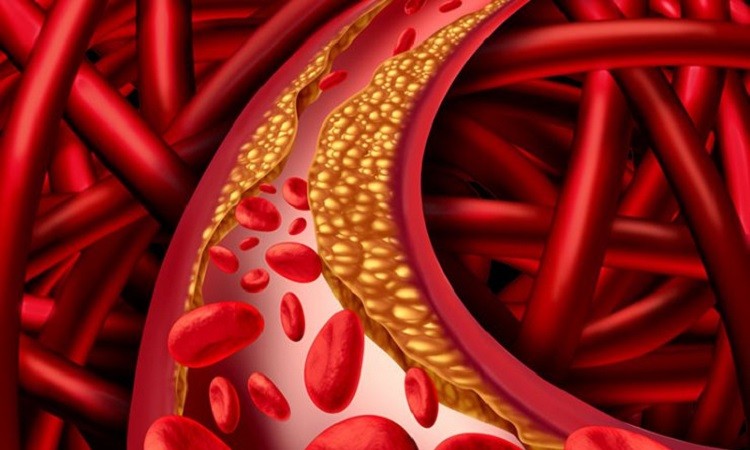
Washington: A high level of carotenes in the bloodstream has been linked to a lower occurrence of artery atherosclerosis, resulting in a decreased risk of cardiovascular disease. These significant findings were revealed in a recent study published in Clinical Nutrition, available as open access. The study was conducted by a team of researchers from IDIBAPS and the UOC, led by Gemma Chiva Blanch.
The Role of Carotenes in Cardiovascular Health: Carotenes are bioactive compounds abundantly found in various fruits and vegetables, including carrots, spinach, lettuce, tomatoes, sweet potatoes, broccoli, cantaloupes, bell peppers, mangoes, papayas, apricots, loquats, and pumpkins. These compounds contribute to the vibrant yellow, orange, and green hues of these foods. In the context of cardiovascular health, carotenes have been identified as potential agents for combating atherosclerosis, a condition characterized by the accumulation of LDL or "bad" cholesterol on the inner walls of blood vessels.
Atherosclerosis refers to the buildup of fat deposits, particularly LDL cholesterol, within the arterial walls. Over time, these accumulations, known as atherosclerotic plaques, narrow the internal diameter of the blood vessels, impeding the smooth flow of blood. In more severe cases, these plaques can rupture and trigger clot formation, further obstructing blood circulation. Consequently, this restriction in blood supply may lead to myocardial infarctions (heart attacks) when the heart fails to receive adequate blood flow, or ischaemic strokes when the brain is deprived of sufficient blood flow.
To gain deeper insights into the relationship between carotenes and atherosclerosis, the researchers examined a cohort of 200 individuals aged 50 to 70. These participants were part of the DIABIMCAP cohort and were recruited by the IDIBAPS Primary Healthcare Transversal Research Group, under the leadership of Antoni Siso Almirall. The study focused on two key parameters: the concentration of carotenes in the participants' blood and the presence of atherosclerotic plaques in their carotid arteries, which were assessed using ultrasound imaging.
Research Findings and Implications: The study findings indicate a noteworthy association between carotene levels and artery atherosclerosis. Participants with higher concentrations of carotenes in their bloodstream exhibited reduced plaque formation in the carotid arteries, thereby mitigating the risk of cardiovascular disease. While the precise mechanisms behind this protective effect require further investigation, these results highlight the potential benefits of a diet rich in carotene-containing fruits and vegetables.
Optimizing Carotene Intake for Cardiovascular Health- To optimize carotene intake and harness their potential cardiovascular benefits, individuals are encouraged to incorporate a diverse range of carotene-rich foods into their daily diet. Some excellent sources of carotenes include carrots, spinach, tomatoes, sweet potatoes, and bell peppers. By adopting a balanced and nutritious eating plan, individuals can naturally increase their carotene intake and promote overall heart health.
Parline Day: Health Benefits of Parline: 5 points
Incredible Health Benefits of Porridge: National Porridge Day